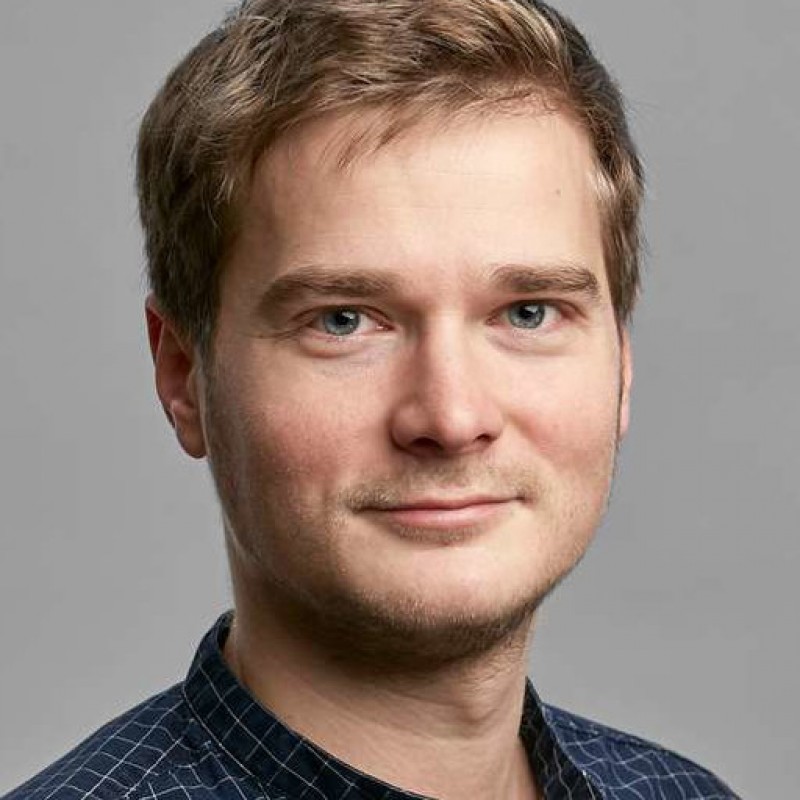KLI Colloquia are invited research talks of about an hour followed by 30 min discussion. The talks are held in English, open to the public, and offered in hybrid format.
Fall-Winter 2025-2026 KLI Colloquium Series
Join Zoom Meeting
https://us02web.zoom.us/j/5881861923?omn=85945744831
Meeting ID: 588 186 1923
25 Sept 2025 (Thurs) 3-4:30 PM CET
A Dynamic Canvas Model of Butterfly and Moth Color Patterns
Richard Gawne (Nevada State Museum)
14 Oct 2025 (Tues) 3-4:30 PM CET
Vienna, the Laboratory of Modernity
Richard Cockett (The Economist)
23 Oct 2025 (Thurs) 3-4:30 PM CET
How Darwinian is Darwinian Enough? The Case of Evolution and the Origins of Life
Ludo Schoenmakers (KLI)
6 Nov (Thurs) 3-4:30 PM CET
Common Knowledge Considered as Cause and Effect of Behavioral Modernity
Ronald Planer (University of Wollongong)
20 Nov (Thurs) 3-4:30 PM CET
Rates of Evolution, Time Scaling, and the Decoupling of Micro- and Macroevolution
Thomas Hansen (University of Oslo)
RESCHEDULED: 18 Dec (Thurs) 3-4:30 PM CET
Chance, Necessity, and the Evolution of Evolvability
Cristina Villegas (KLI)
8 Jan 2026 (Thurs) 3-4:30 PM CET
Embodied Rationality: Normative and Evolutionary Foundations
Enrico Petracca (KLI)
15 Jan 2026 (Thurs) 3-4:30 PM CET
On Experimental Models of Developmental Plasticity and Evolutionary Novelty
Patricia Beldade (Lisbon University)
29 Jan 2026 (Thurs) 3-4:30 PM CET
Jan Baedke (Ruhr University Bochum)
Event Details

Topic description / abstract:
Through the expansion of human activities, humanity has evolved to become a driving force of global environmental change and influences a substantial and growing part of natural ecosystem trophic interactions and energy flows. However, by constructing and building its own niche, human distance from nature increased remarkably during the last decades due to processes of globalization and urbanization. This increasing disconnect has both material and immaterial consequences for how humans interact and connect with nature. Indeed, many regions across the world have disconnected themselves from the productivity of their regional environment by (1) accessing biological products from distant places through international trade, and (2) using non-renewable resources from outside the biosphere to boost the productivity of their natural environment. Both mechanisms allow for greater resource use then would be possible otherwise, but also involve complex sustainability challenges and lead to fundamentally different feedbacks between humans and the environment.
Biographical note:
Christian Dorninger is a PhD-candidate at the Leuphana University of Lüneburg, Germany, and a writing-up fellow at the KLI Klosterneuburg. He has a background in sociology, development studies, and social ecology. Since 2015 he has been involved as a project member in the inter- and transdisciplinary 'Leverage Points for Sustainability Transformation' project at Leuphana University. His research interests include the development and application of methods of human-nature interaction, the sustainability transformation, resource use and decoupling, a biophysical perspective on trade relations, teleconnections, and ecologically unequal exchange. Since April 2019 he is a fellow at the KLI Klosterneuburg and has started approaching these complex phenomena through a niche construction perspective.


